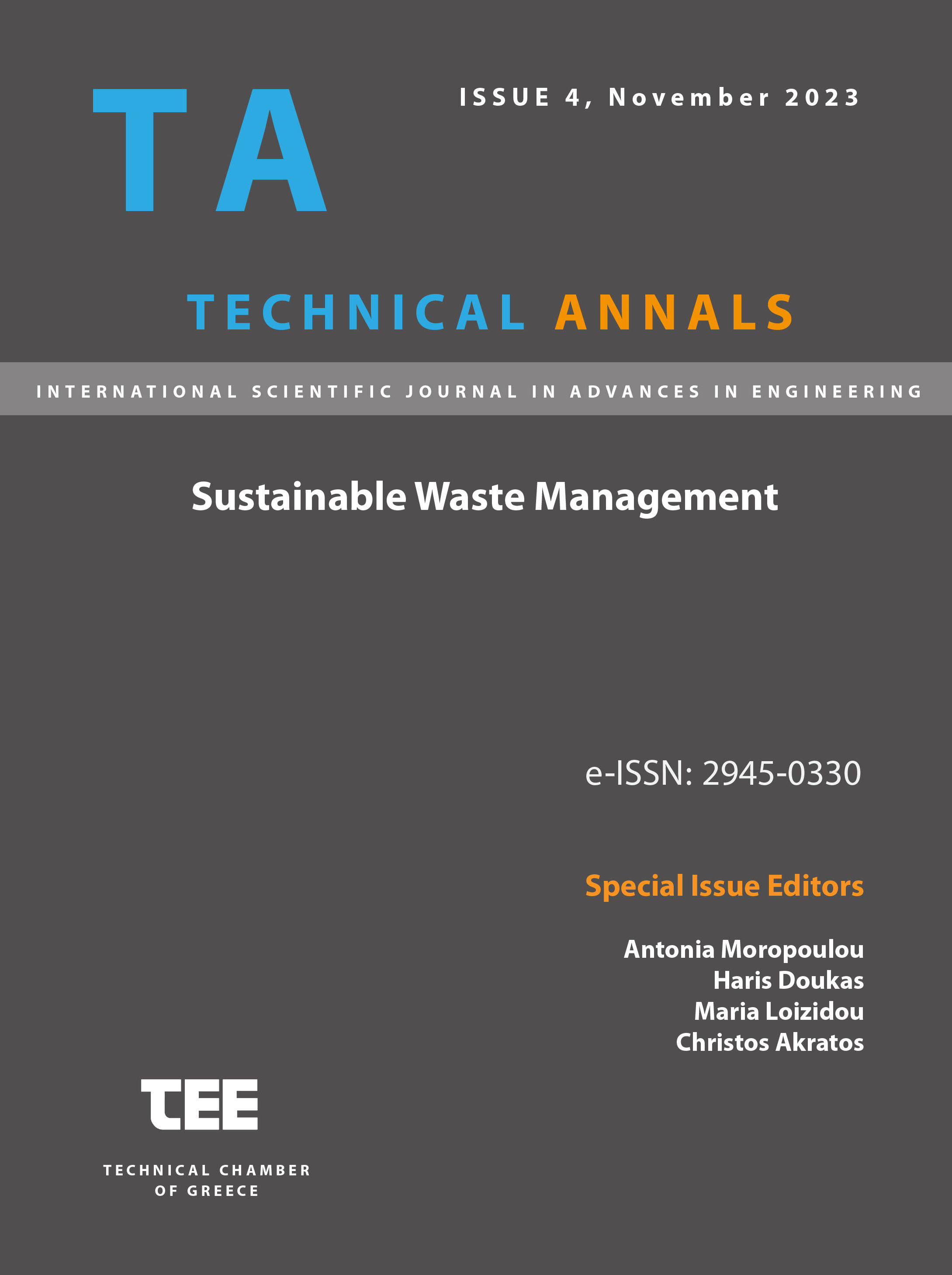Analyzing the Greek Legal Framework on Waste Management within the Circular Economy Context: Les-sons learnt and lessons from EU Best Practices

Abstract
The shift towards a circular economy is an essential goal of contemporary environmental policy, focusing on reducing waste generation, enhancing resource efficiency, and encouraging sustainable growth. This paper examines waste management approaches in the context of the national circular economy strategy, emphasizing regulatory structures, technological progress, and optimal methods for waste prevention, reuse, and recycling. Important policy tools, including extended producer responsibility (EPR), economic instruments, such as DRS and Pay as you Throw, as well as eco-design guidelines, and market incentives for recycled materials, are analyzed for their effectiveness and efficiency in minimizing environmental effects. The study additionally evaluates the impact of digital tools, data-informed decision-making, and cutting-edge waste treatment methods, such as mechanical-biological treatment (MBT), anaerobic digestion, and chemical recycling. Additionally, it addresses the socio-economic effects of moving to circular waste management systems, emphasizing the significance of involving stakeholders, raising public awareness, and fostering industry partnerships. Through the analysis of case studies and national progress indicators, this research uncovers obstacles and possibilities for enhancing waste management practices in accordance with circular economy principles. Results show that cohesive policy frameworks, investment in infrastructure, and shifts in behavior among consumers and businesses are crucial for realizing long-term sustainability objectives. The study concludes by providing strategic suggestions for policymakers, businesses, and researchers to enhance waste valorization, increase resource efficiency, and speed up the national circular economy transition. These insights enhance the overall comprehension of waste management as a crucial facilitator of a sustainable and resilient economy.
Article Details
- How to Cite
-
Selimi, G. (2023). Analyzing the Greek Legal Framework on Waste Management within the Circular Economy Context: Les-sons learnt and lessons from EU Best Practices. Technical Annals, 1(4). https://doi.org/10.12681/ta.40956
- Section
- Environment

This work is licensed under a Creative Commons Attribution-NonCommercial-ShareAlike 4.0 International License.


